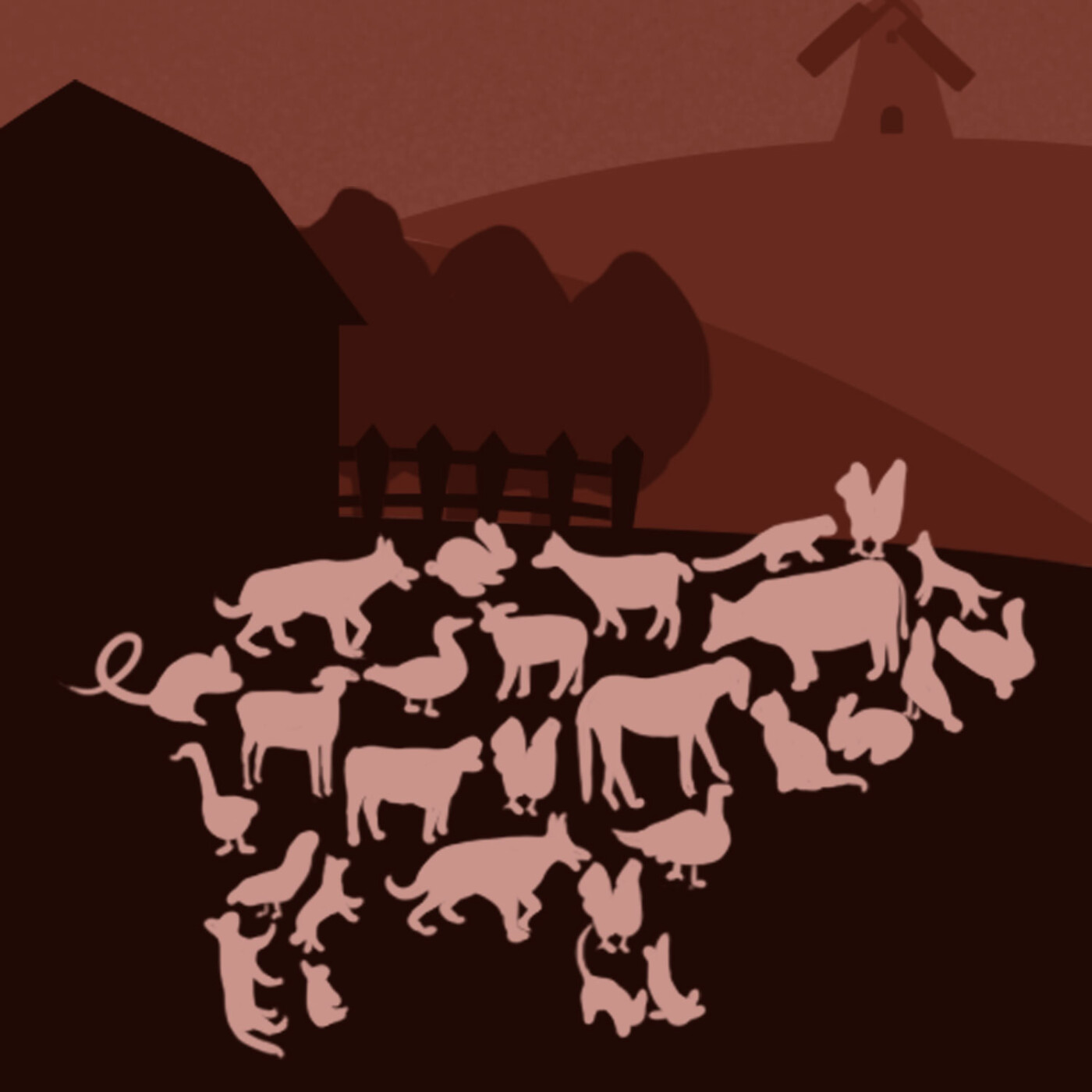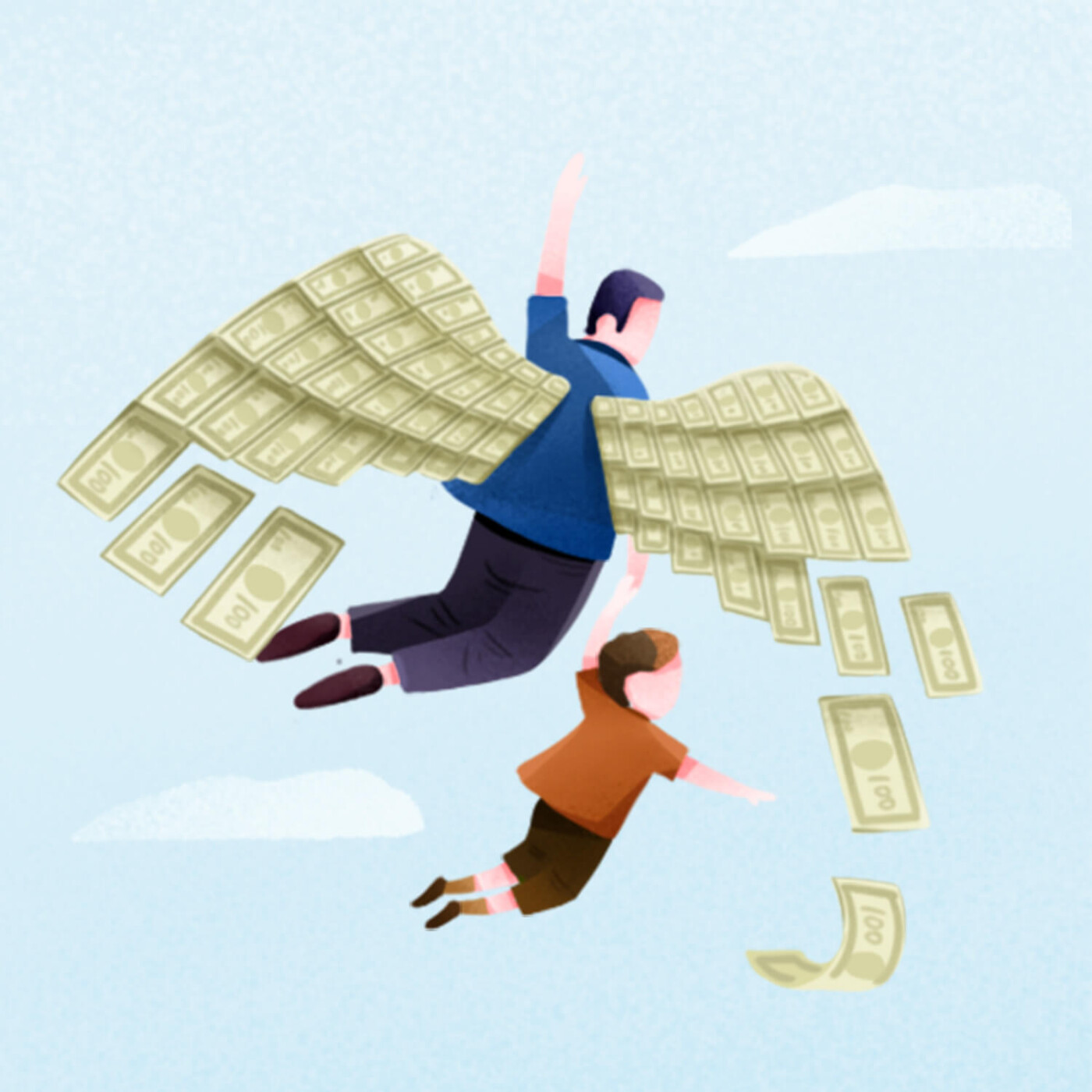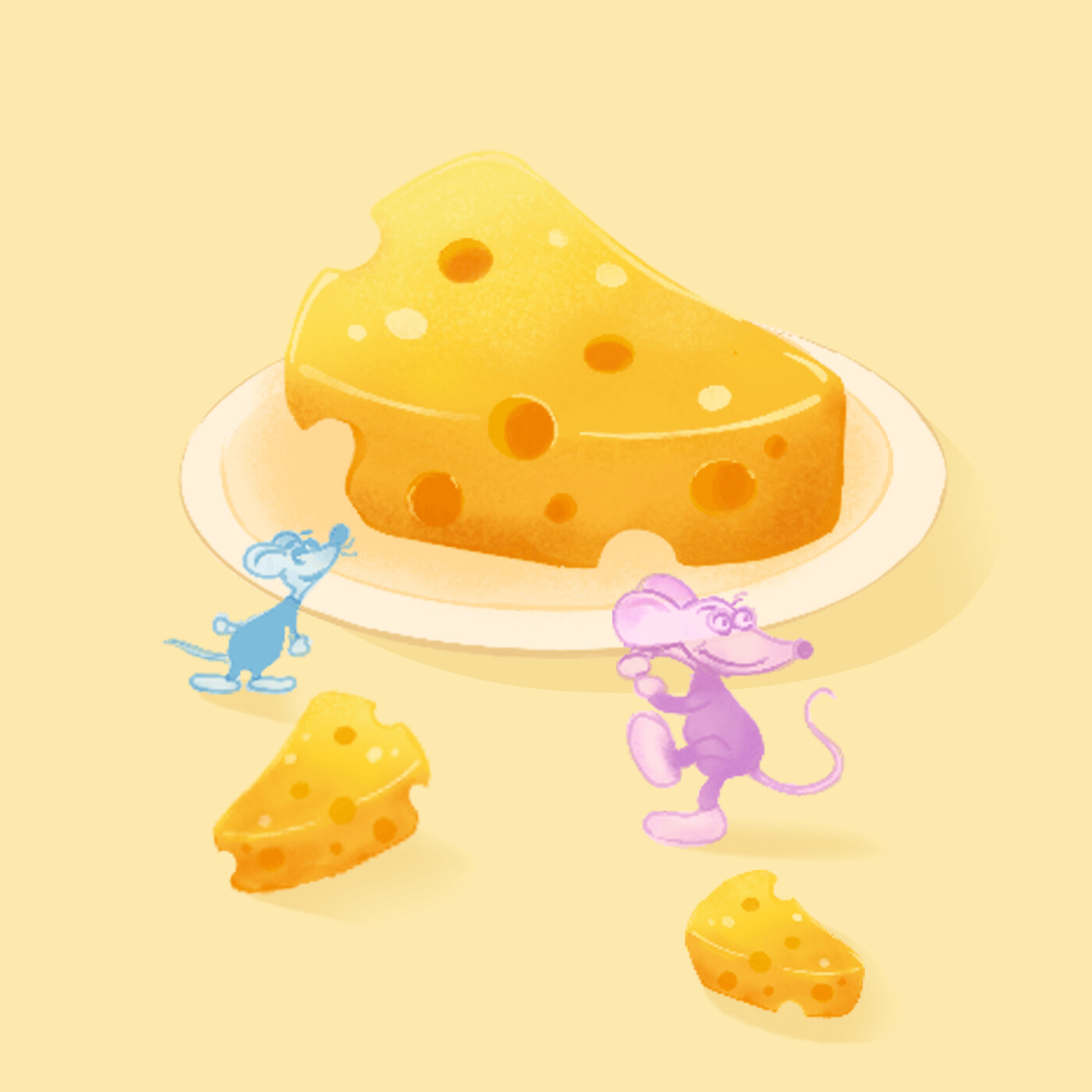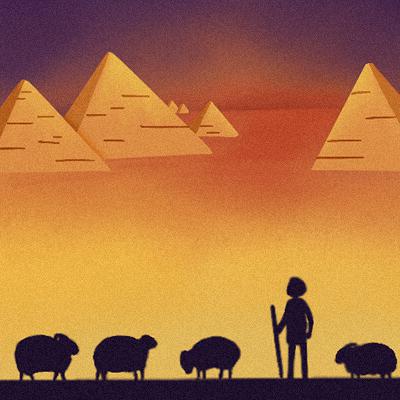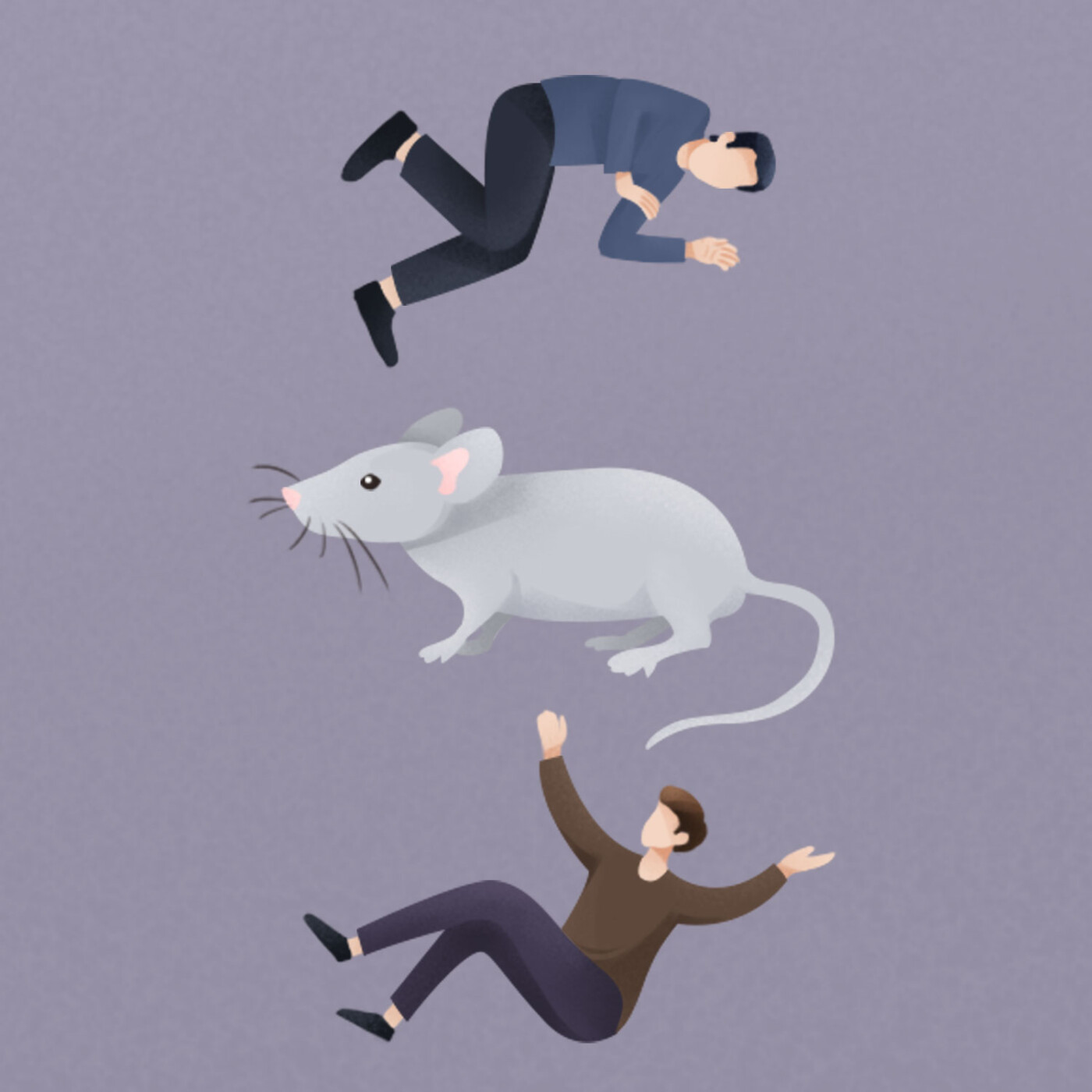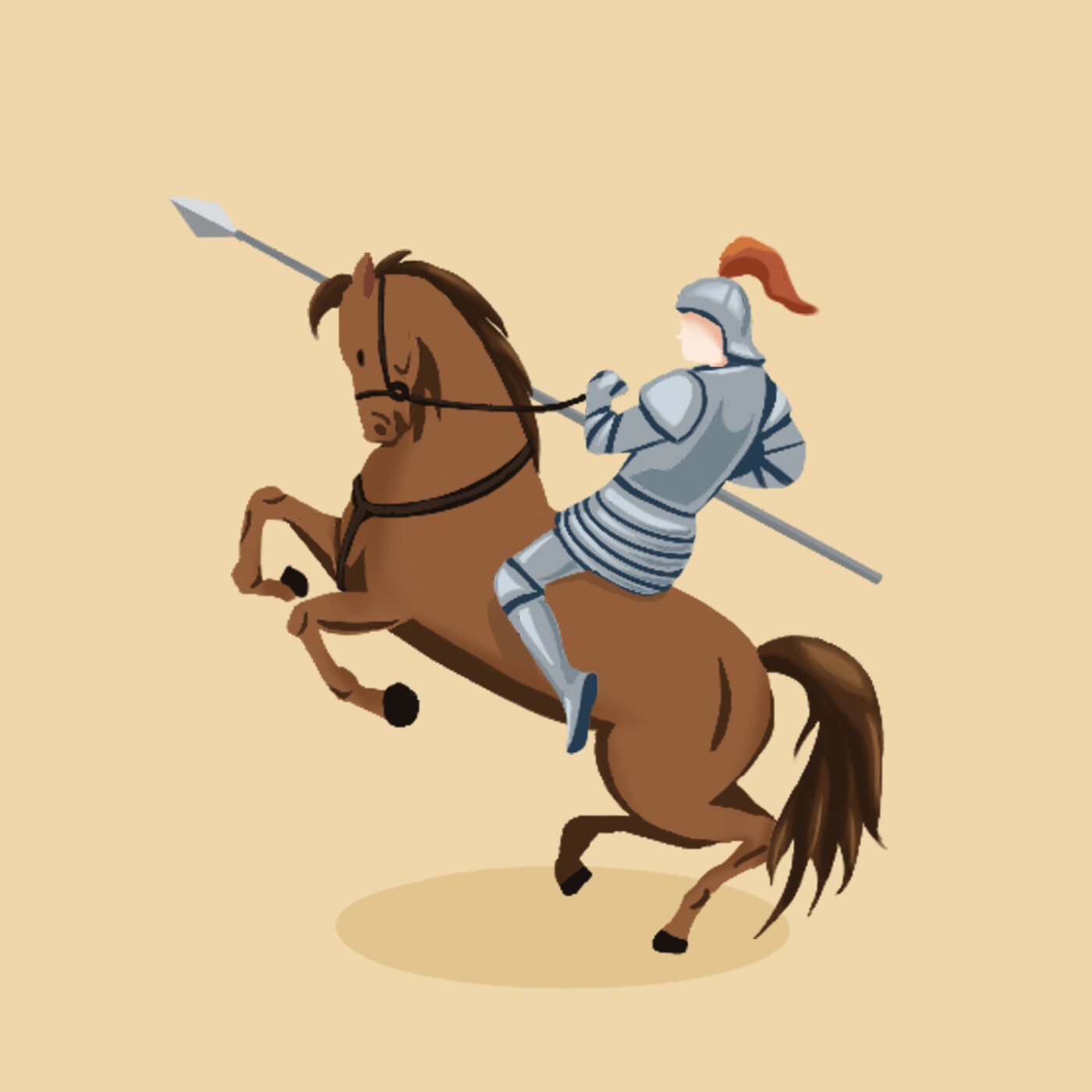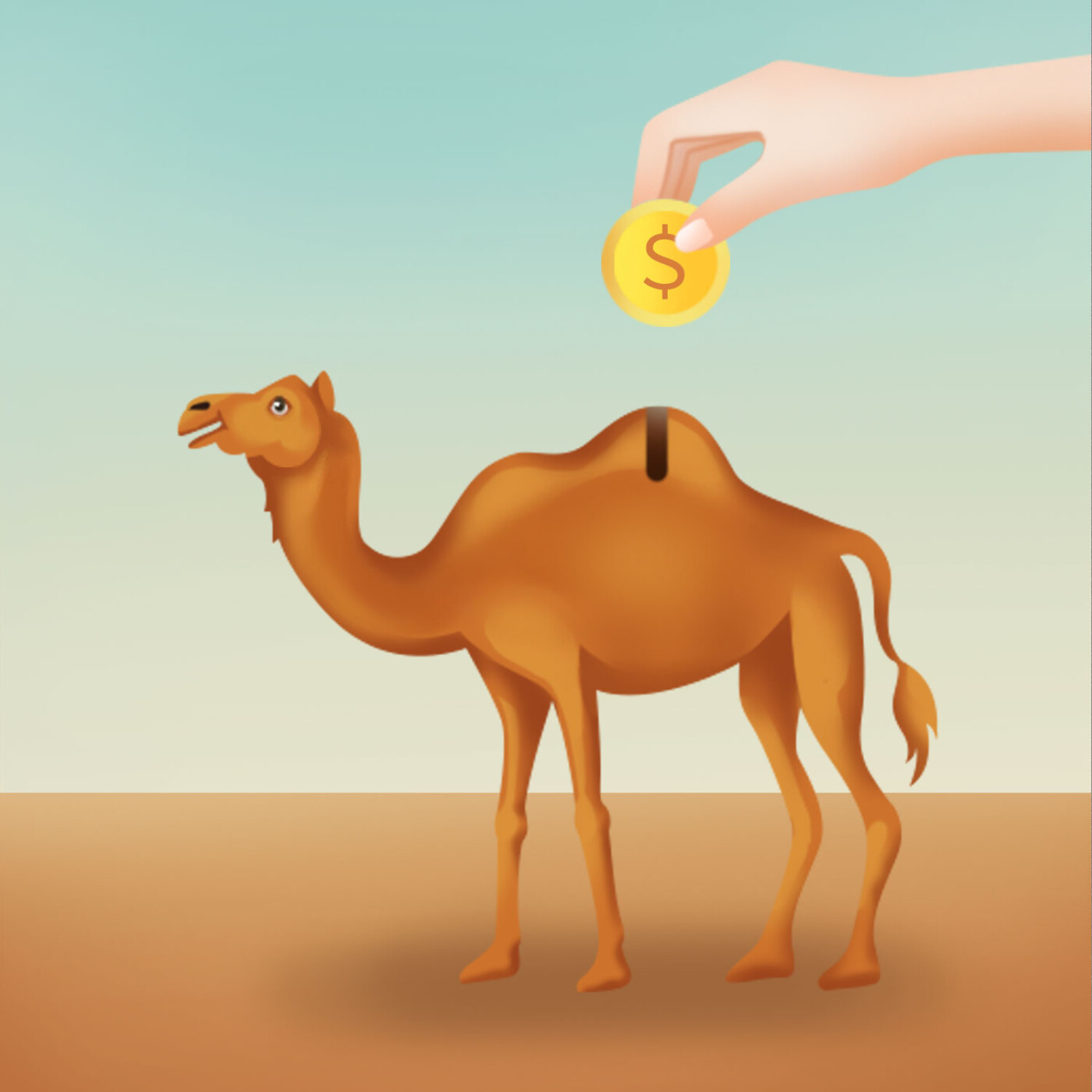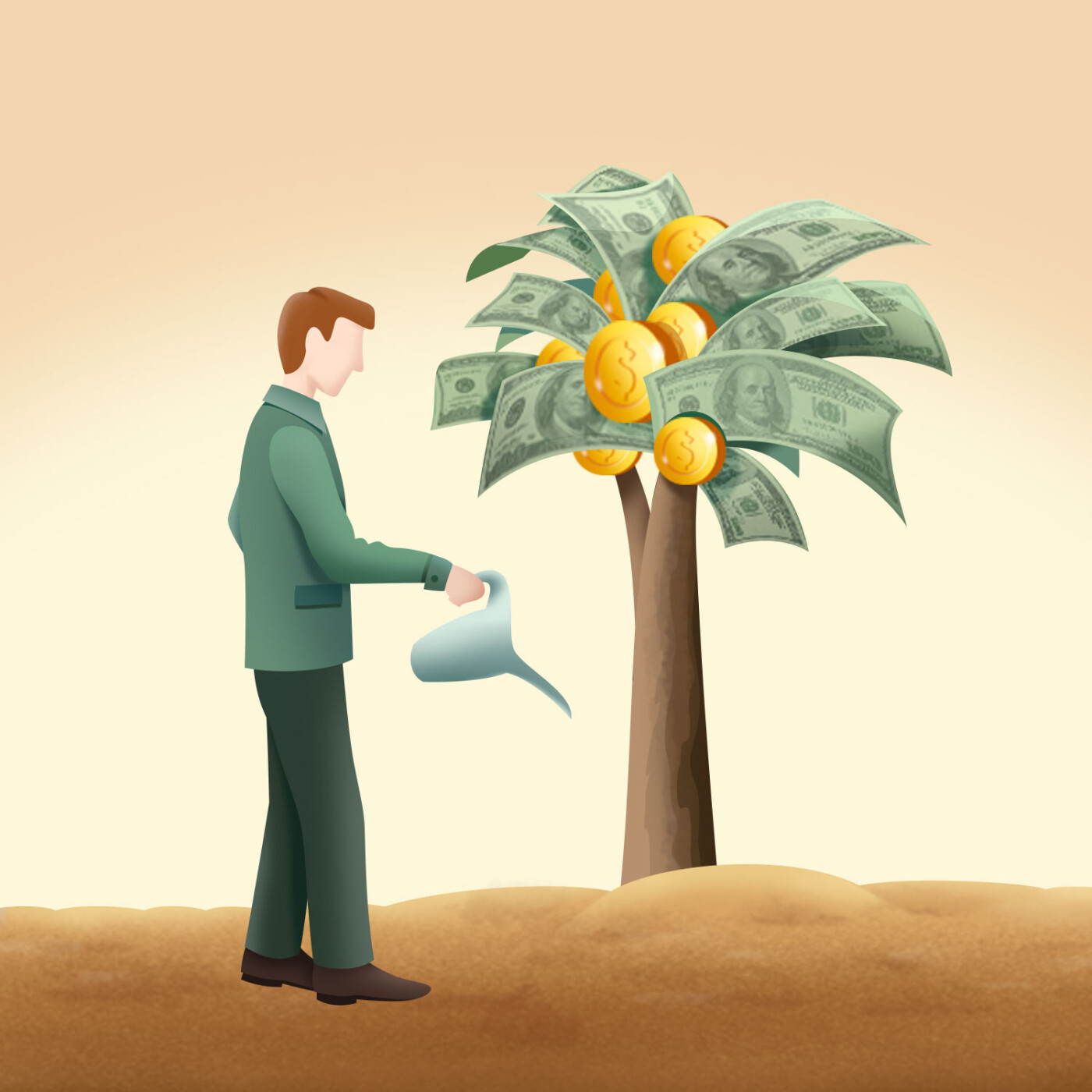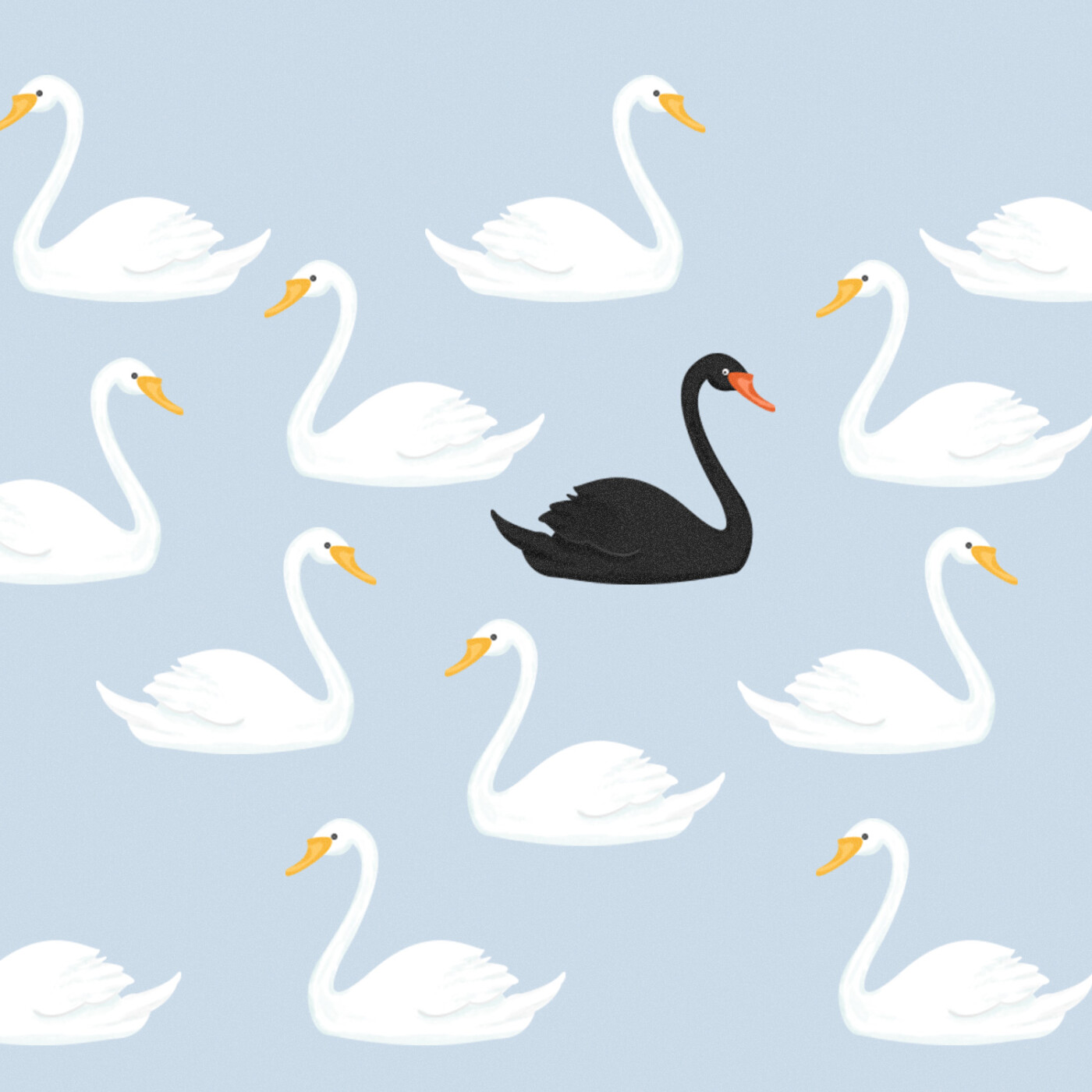Animal Farm Revisited: A Modern Parable
Description
Chapter 1:Is Animal Farm Interesting?
Animal Farm is a highly captivating and thought-provoking novella written by George Orwell. It presents a unique allegorical perspective on the early stages of the Russian Revolution and the subsequent rise of totalitarianism. At just 200 pages, Animal Farm manages to convey complex political ideas in an accessible and engrossing manner.
One of the main reasons why Animal Farm is so interesting is its use of anthropomorphic animals to represent historical figures and social classes. Each animal character embodies distinct traits and characteristics, allowing readers to easily relate them to real-life counterparts. This creates a sense of familiarity while also offering a critical reflection on human nature and power dynamics.
Moreover, Animal Farm cleverly employs satire to critique the flaws and corruption inherent in political systems. The story unfolds with the animals overthrowing their human oppressors and establishing a utopian society. However, as time passes, the leaders gradually become just as oppressive as the humans they replaced.
Additionally, Animal Farm explores themes of manipulation, propaganda, and the distortion of truth. The pigs, led by Napoleon, manipulate the other animals through rhetoric and control of information, mirroring how totalitarian regimes often suppress dissent and rewrite history.
Chapter 2:Book Animal Farm">Animal Farm Main Characters
Old Major: The wise and respected boar who inspires the animals to rebel against their human oppressors. He represents Karl Marx and Vladimir Lenin, the founders of communism.
Napoleon: A Berkshire boar who becomes the leader of Animal Farm after the rebellion. He represents Joseph Stalin and is known for his cunning and manipulation.
Snowball: A pig who initially shares leadership with Napoleon but is eventually driven out. Snowball represents Leon Trotsky, a key figure in the Russian Revolution.
Boxer: A strong and loyal cart-horse, known for his hard work and unquestioning obedience. He symbolizes the working class and embodies the concept of blind loyalty to the ruling regime.
Squealer: A small, persuasive pig who serves as Napoleon's propaganda machine. He spins lies and manipulates facts to maintain the pigs' authority. Squealer represents the role of propaganda in totalitarian regimes.
Benjamin: A cynical and intelligent donkey who possesses a deep skepticism towards the revolution. He represents the intellectuals and those who remain skeptical of political change.
Chapter 3:How Does Animal Farm End
The novella "Animal Farm" by George Orwell ends with a scene where the pigs, who have taken control of the farm, are having a meeting with the neighboring human farmers. The pigs and humans are playing cards and drinking together, blurring the once clear lines between animals and humans.
As the other animals watch through the window, they cannot distinguish the pigs from the humans, symbolizing the complete corruption of the original ideals of the animal revolution. Throughout the story, the pigs gradually become more and more like the oppressive humans they initially rebelled against, establishing themselves as a new ruling class.
The iconic final line of the book is: "The creatures outside looked from pig to man, and from man to pig, and from pig to man again; but already it was impossible to say which was which." This statement highlights the tragic reality that the revolution has been betrayed and the pigs have essentially become the very oppressors they fought against, maintaining power and exploiting the other animals.
In this way, the ending of "Animal Farm" serves as a commentary on the corruption of power and the dangers of totalitarianism, highlighting how even revolutions aimed at achieving equality can devolve into tyranny and oppression.

